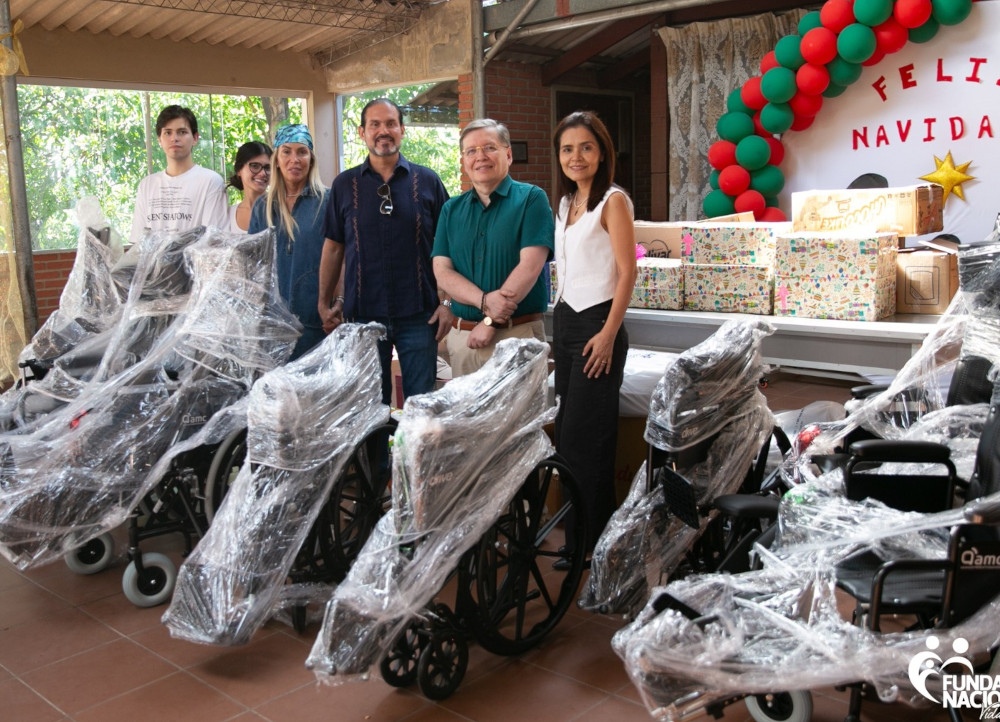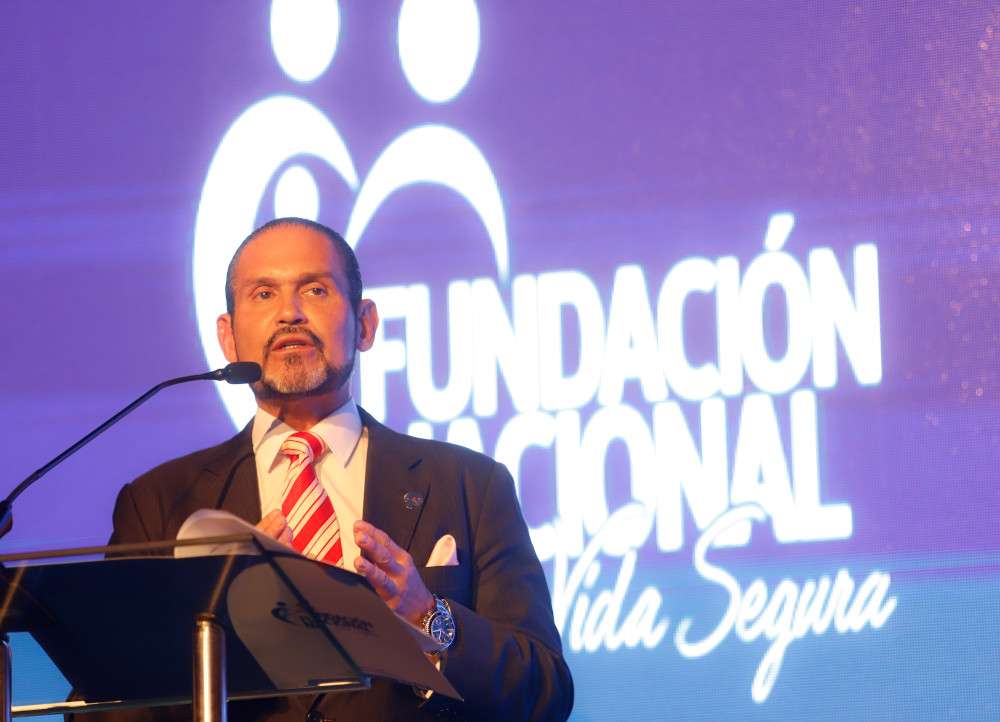United to Install 30 Pacemakers for Free and Save Lives
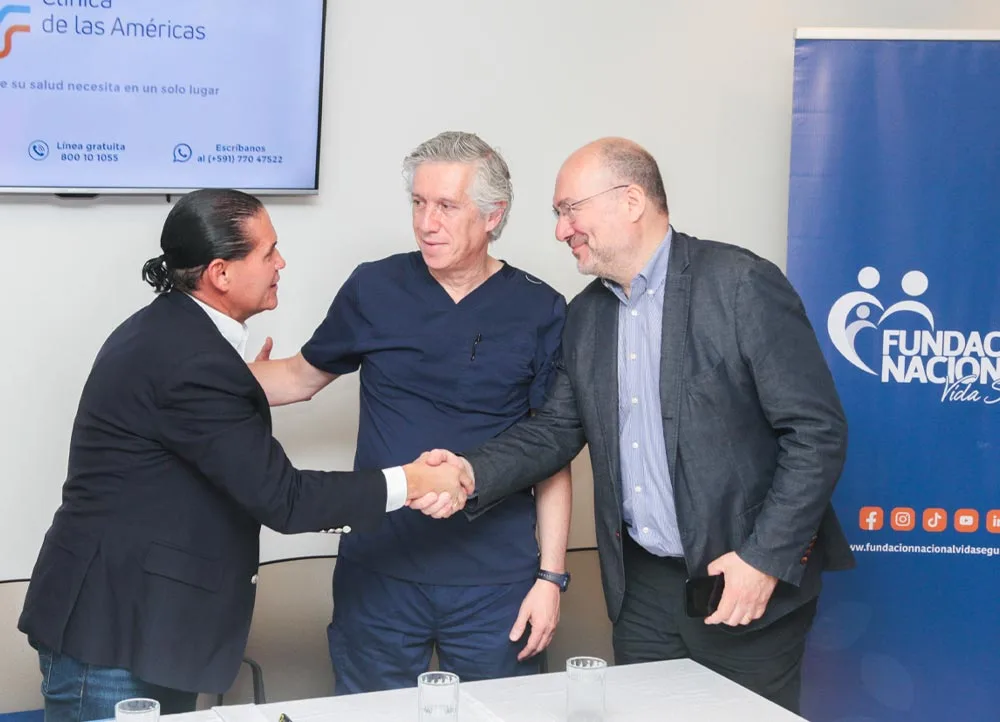
25 March, 2025
The surgeries will be carried out by doctors from the U.S. organization Project Pacer International and specialists from Clínica de las Américas.
The Fundación Nacional Vida Segura, Universidad Autónoma Gabriel René Moreno, and Clínica de las Américas have joined forces in the social project “Heart Without Borders.” The goal is to provide 30 pacemakers free of charge to individuals with limited financial resources.
To achieve this, nine doctors have arrived from Boston, United States. They are specialists from Project Pacer International, a nonprofit organization dedicated to providing modern cardiac therapy to low-income patients in developing countries. Its funding comes from private donations and charitable entities.
The campaign, which began this Monday in Santa Cruz de la Sierra, prioritizes patients with Chagas disease, as in Bolivia, the most common reasons for using these heart rhythm-regulating devices are complications caused by this disease and cardiovascular conditions. According to statistical studies, these conditions account for 29% of annual deaths.
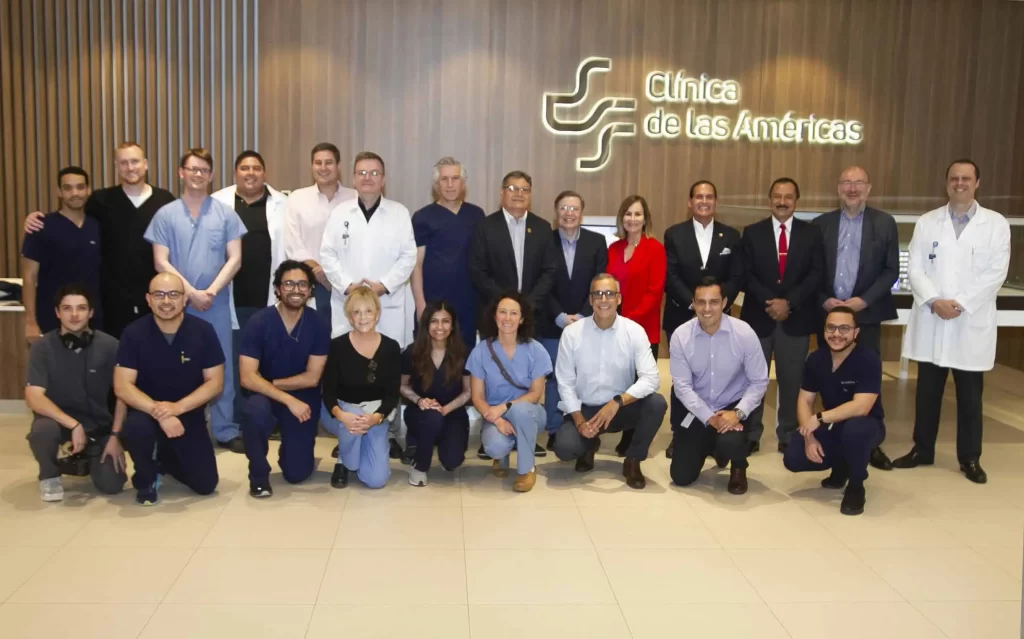
The presentation of “Heart Without Borders” was attended by José Luis Camacho Miserendino, president of Fundación Nacional Vida Segura; Vicente Cuéllar, rector of Universidad Autónoma Gabriel René Moreno; Felipe Teles, executive director of Clínica de las Américas; and Adelqui Peralta and David Martin, heads of Project Pacer International, respectively.
Camacho described the campaign as an interinstitutional initiative aimed at serving the community. “Today, we can say that we will help people with limited resources achieve a better quality of life,” he stated, also highlighting the project’s value in the training of UAGRM medical students and in the professional development of cardiologists at Clínica de las Américas.
The public university of Santa Cruz has 22 final-year medical students, led by Arminda Morón, dean of the Faculty of Human Health Sciences, eager to acquire skills in cardiovascular device implantation. They were selected based on their outstanding academic performance and advanced English proficiency.
For Julio César Caballero, executive director of Fundación Nacional Vida Segura, the project represents a tangible contribution to a vulnerable population, especially in the Chaco region, where Chagas disease is endemic. “With this, we are making a small contribution toward building direct solutions to the population’s problems,” he said.
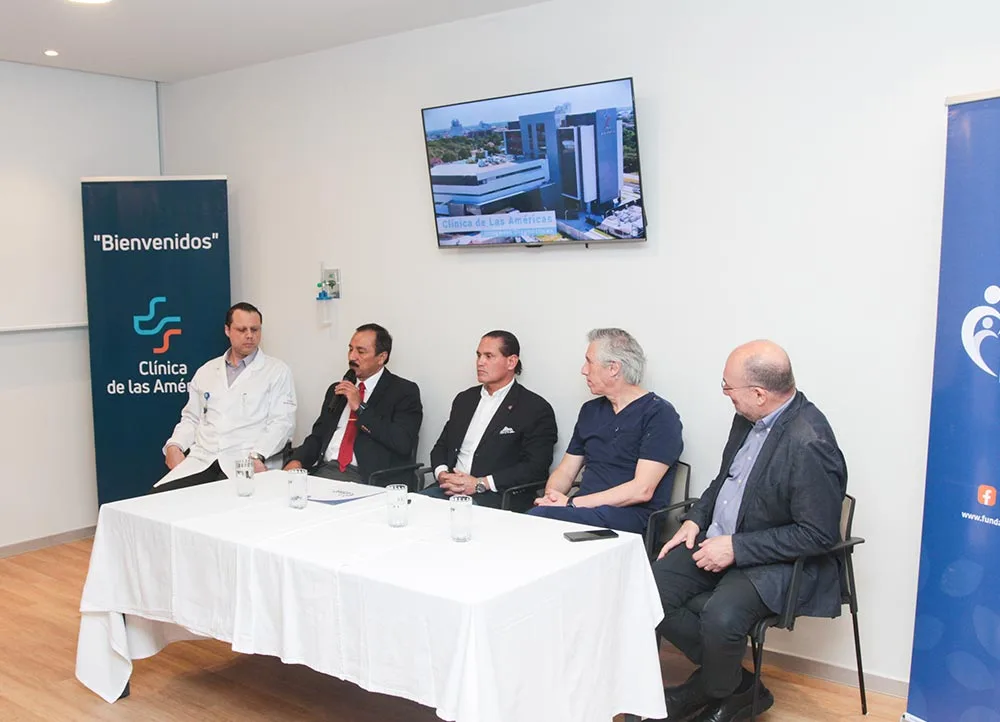
In the country, the average cost of a pacemaker and its implantation exceeds $3,000, an unaffordable amount for much of the population, especially those in vulnerable situations. For this reason, “Heart Without Borders” has the potential to save lives and significantly improve the quality of life for 30 individuals.
To qualify as a beneficiary, applicants underwent a selection process managed by Clínica de las Américas. The requirements include being over 18 years old, having limited financial resources, a medical recommendation for a pacemaker, and supporting medical studies.
During the week of March 24-28, U.S. doctors will review diagnoses, select beneficiaries, and, together with their colleagues from Clínica de las Américas—Hugo Armando Buhezo, Ronaldo Gustavo Durán, and Javier Mogro—carry out the surgical procedures. Postoperative follow-ups will last six months, from April to September. According to Caballero, the pacemakers to be implanted are state-of-the-art devices that will even require calibration using artificial intelligence.
